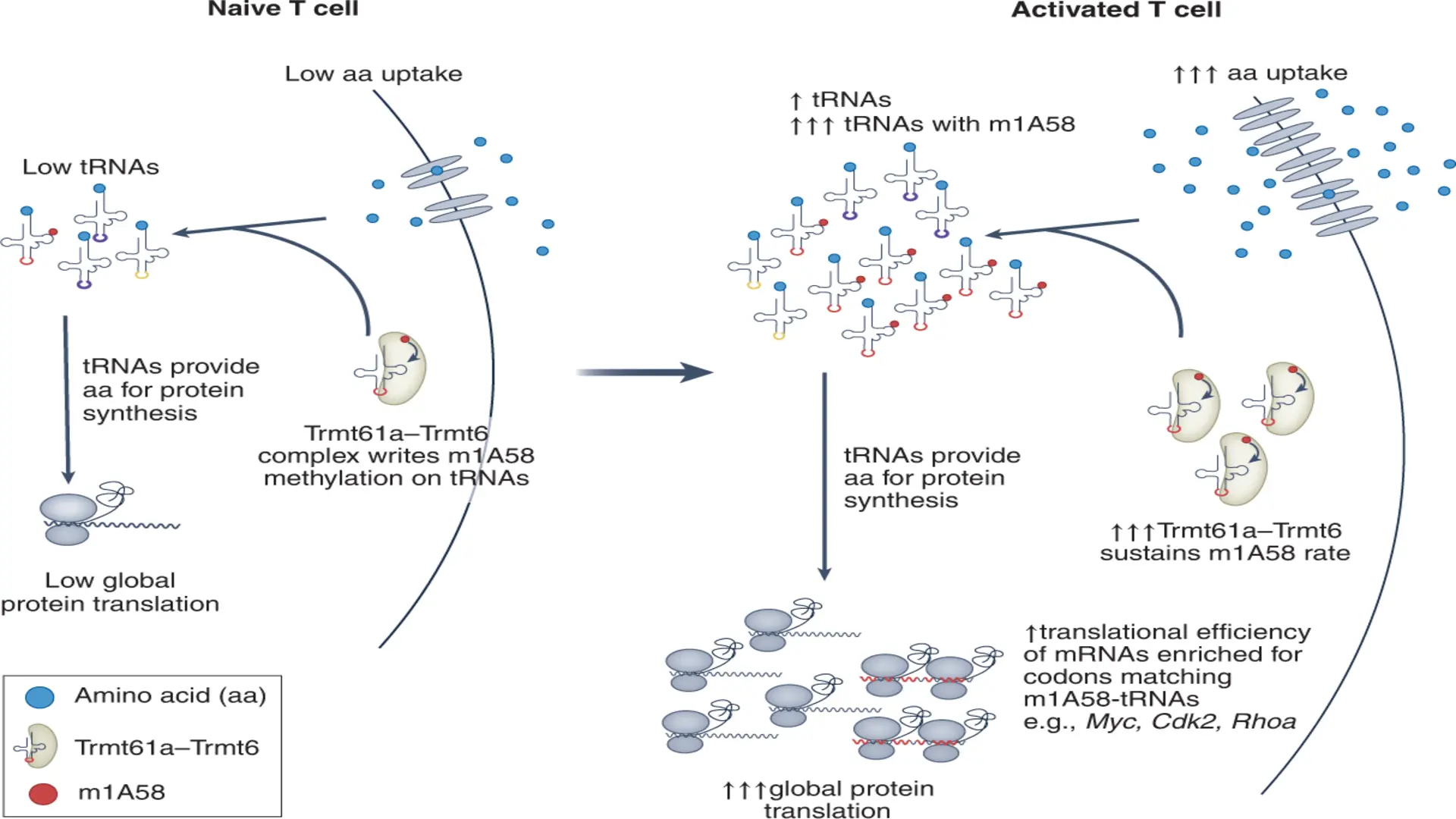A recent groundbreaking study by Kumamoto University has shed light on the crucial role of the enzyme TRMT10A in maintaining brain function. The research reveals that TRMT10A, responsible for tRNA methylation, plays a key part in ensuring proper protein synthesis in the brain, which directly impacts synapse structure and function. This discovery highlights the importance of specific transfer RNA (tRNA) molecules, like initiator methionine tRNA and glutamine tRNA, which are critical for neuronal health.
Using genetically modified mice lacking the Trmt10a gene, the research team observed significant reductions in these essential tRNA levels, particularly in the brain. This deficiency led to compromised synaptic integrity, affecting memory and plasticity—key components of healthy brain function. Notably, while the tRNA levels dropped across various tissues, the resulting functional impairments were specific to the brain, emphasizing its unique vulnerability to TRMT10A deficiency.
Lecturer Takeshi Chujo, who led the research, pointed out that similar reductions in tRNA levels were found in human cells lacking TRMT10A, suggesting that the mechanisms discovered in mice may also apply to humans. This opens up new avenues for exploring therapeutic interventions to prevent tRNA declines, potentially leading to treatments for intellectual disabilities associated with these deficiencies.
Also read: Sonam Wangchuk, 150 Others Detained in Peaceful Climate March at Delhi Border
The study’s findings are not just a step forward in understanding RNA modification diseases but also offer promising insights into addressing cognitive impairments linked to tRNA dysfunction. With further research, this could pave the way for innovative treatments aimed at preserving brain health and combating neurodegenerative diseases.







